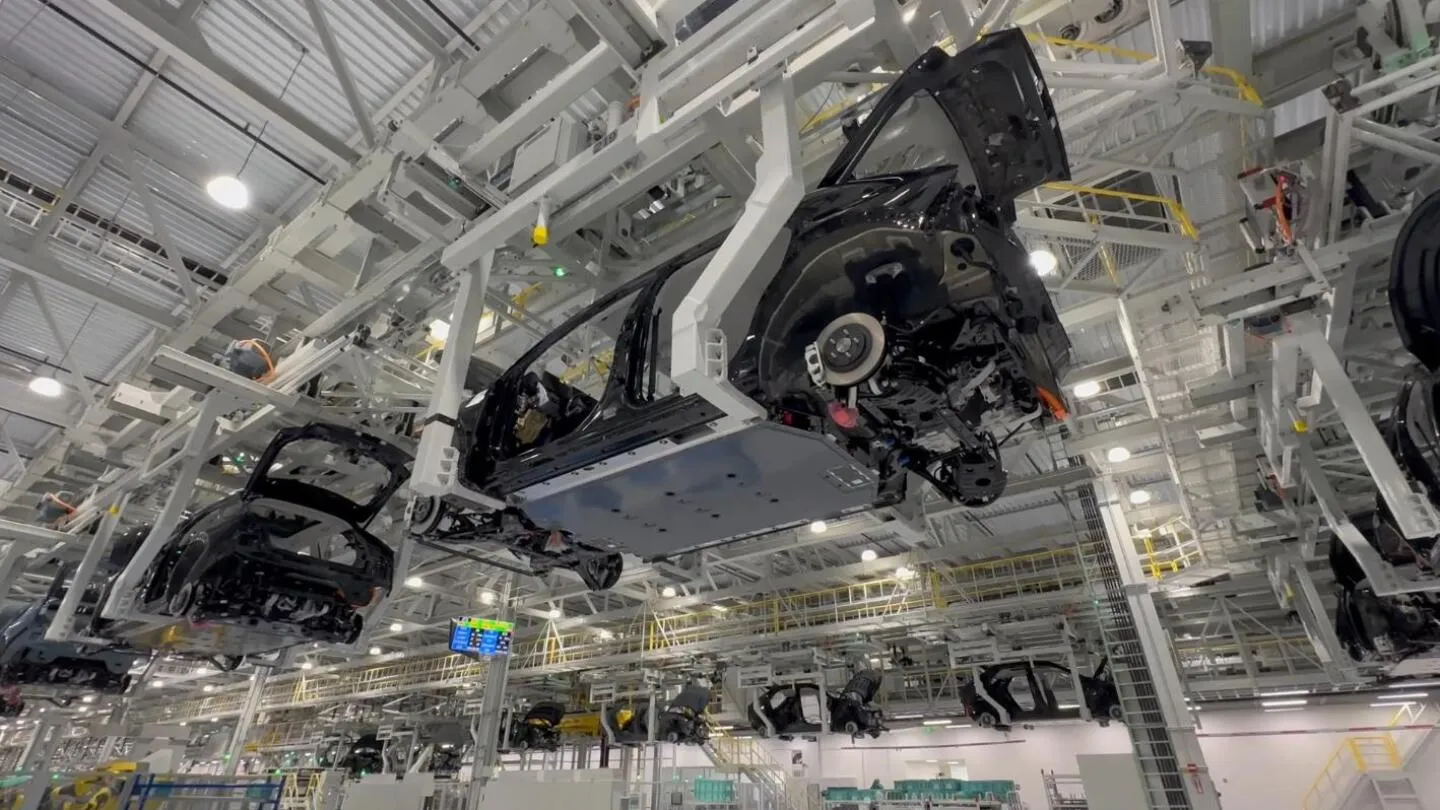“`markdown
Auto Tariffs: Will Your Next Car Cost You Thousands More?
As the automotive landscape braces for significant changes, impending tariffs on cars imported from Canada and Mexico loom large. With a proposed 25% tariff on these vehicles, experts warn that U.S. car prices could surge by as much as $12,000. This potential increase could drastically impact consumers, making car ownership even less affordable in an already strained market.
The White House has justified these tariffs as a necessary measure to combat inadequate border enforcement and drug trafficking. However, this decision has raised concerns among consumers and industry leaders alike. The automotive sector, which relies heavily on a cross-border supply chain, could face severe disruptions. Automakers are now evaluating how these tariffs will affect their production and pricing strategies.
The Urgency to Buy Now
In light of these developments, analysts are advising consumers to consider purchasing vehicles sooner rather than later. With the possibility of price hikes in 2025, waiting could mean paying significantly more for the same vehicle. Current average vehicle prices hover around $48,000, and with tariffs potentially raising costs by $4,000 to over $10,000 per vehicle, many consumers may find themselves priced out of the market.
Experts suggest that the impact of these tariffs will not be uniform across all automakers. The effects will vary based on each manufacturer’s supply chains and production locations. For instance, companies like Ford and General Motors, which have significant production facilities in Mexico, could see their costs rise dramatically.
The Broader Economic Impact
The implications of these tariffs extend beyond just car prices. The auto industry is a cornerstone of the U.S. economy, and any disruptions could lead to job losses and economic instability. Analysts predict that if tariffs are enacted, car manufacturing could halt within a week, leading to immediate price increases for new cars. This could also push consumers towards the used car market, driving up prices there as well.
Furthermore, the tariffs could lead to retaliatory measures from Canada and Mexico, complicating trade relations and potentially leading to a broader economic fallout. The interconnected nature of the North American auto supply chain means that parts frequently cross borders multiple times, and tariffs could disrupt this flow, exacerbating existing supply chain issues, particularly in light of the ongoing semiconductor shortage.
Automakers Respond
In anticipation of these tariffs, automakers are taking proactive steps to mitigate the potential fallout. Companies are stockpiling parts and finished vehicles to cushion the blow of increased costs. Ford, for instance, is securing warehouse space in the U.S. to store engines and parts, while General Motors is exploring ways to relocate production to avoid tariffs.
Despite these efforts, the uncertainty surrounding the tariffs has led to hesitance in long-term production planning. Automakers are grappling with how to adjust their strategies in a market that could change overnight due to tariffs. As Patrick Anderson, CEO of Anderson Economic Group, noted, “That kind of cost increase will lead directly — and I expect almost immediately — to a decline in sales of the models that have the biggest trade impacts.”
Consumer Awareness is Key
As these developments unfold, consumers are urged to stay informed about the potential impacts of tariffs on the automotive market. Understanding how these changes could affect pricing and availability will be crucial for anyone considering a vehicle purchase in the near future.
In conclusion, the proposed auto tariffs represent a significant shift in the automotive landscape. With the potential to drastically increase vehicle prices and disrupt the supply chain, both consumers and automakers must navigate this uncertain terrain carefully. As the situation evolves, staying informed will be essential for making sound purchasing decisions. The automotive industry is at a crossroads, and the decisions made today will echo in the market for years to come.
“`






Leave a Comment